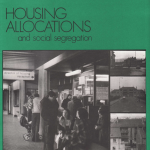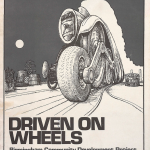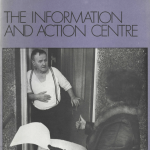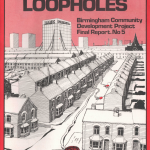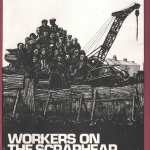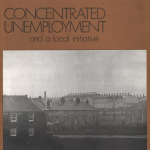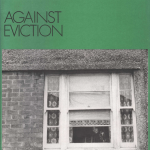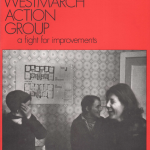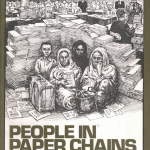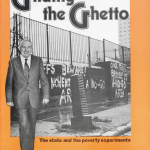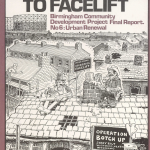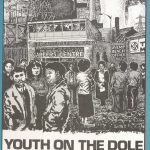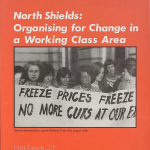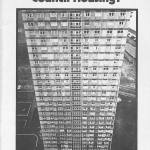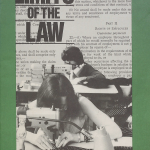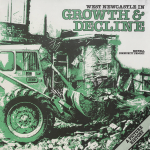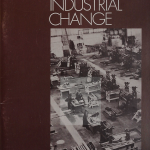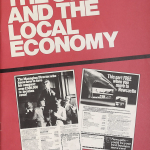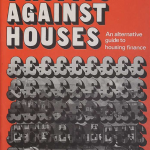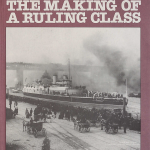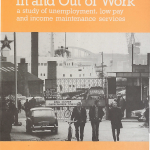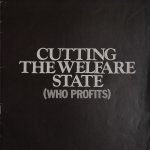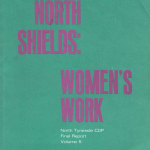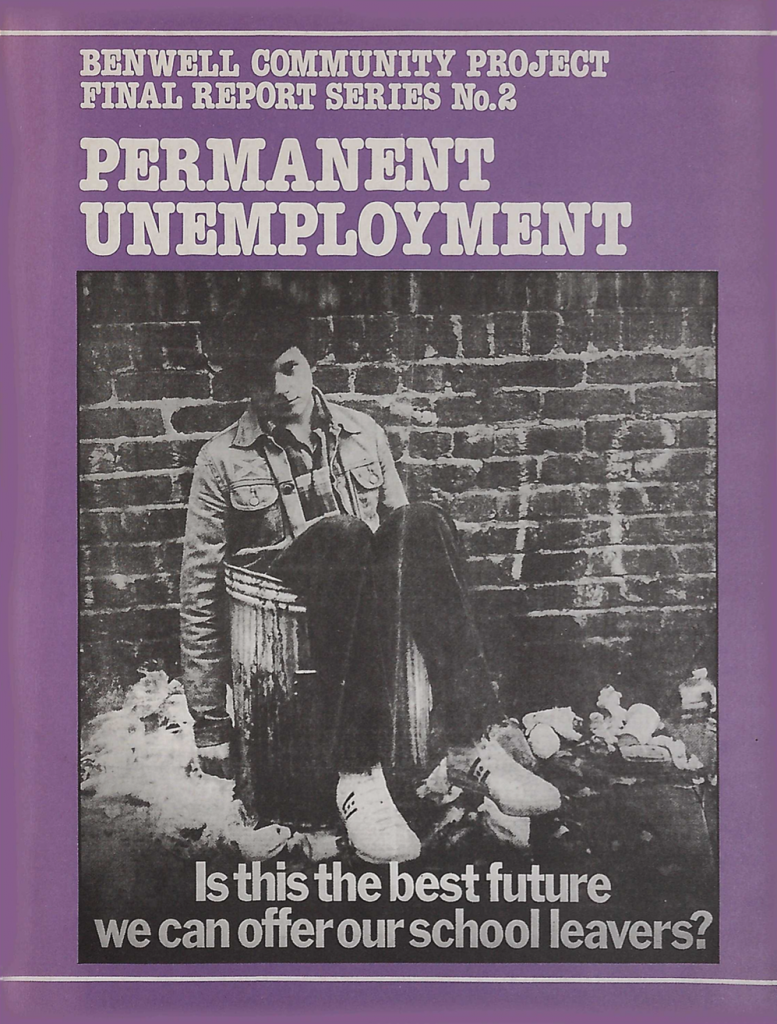
Our new ‘course’ at the Social Science Centre is a change in direction from previous courses in that it’s a research project through which participants learn how to do research. So, through an agreed research focus, we teach and learn from each other about the value of research, how to do research, and the effect it might have. It’s ‘research-engaged teaching and learning’ in the purest sense that I can imagine it.
The course/project is called ‘Know-how: A course in do-it-ourselves education‘ and we started planning it collectively in July. At that planning workshop we agreed that the course would be:
- Designed as a process of enquiry, discovery and research, rather than a taught programme, based on a well organised structure, arranged in advance, but full of emergent possibility
- Grounded in the programmes we ran last year, with a focus on the historical development of the radical co-operative movement and its relationship to education. A specific theme of common concern on which to base this approach is yet to be agreed.
- There will be sessions on research methodology and methods associated with this form of research that aims to be transformatory and participative
- All of this will include an aspect of critical self-consciousness about what is the SSC and what are we trying to achieve.
You can read the notes from each meeting on the SSC website. Unlike a seminar-style course, where there is set reading and a facilitator each week, this ‘course’ feels different because we’re slowly negotiating the shape of the research project and its specific focus, as well as having to make new connections in the local area and map out the terrain in various ways, physically, socially, intellectually, etc.
Last week, Andrew brought a number of publications from ‘Community Development Projects‘ that were funded by the UK government in the 1970s (influenced by the War on Poverty initiative in the US). I am only just beginning to find my way around the publications and wanted to give you an impression of these ‘action research’ projects from that time. The value of them for our own Know-how course is that they offer an important historic example of radical community-focused research (just look at the covers of the publications below to see graphic examples of what the projects produced). As I look through the publications, I ask myself questions such as, why were they funded, who were the people involved, what was the understanding at that time of ‘community’ and its relationship to global events, what did the projects achieve, how and why did they fail, did they fail? I also want to know to what extent they were conceived as educational projects?
“As Loney (1983: 23) comments, the community workers who entered the field in the late 1960s and early 1970s frequently rejected the traditional (educational) models of community work. They replaced the process-orientated ‘non-directiveness of Batten and Batten (1967) with a commitment to organizing and a readiness to take up oppositional positions (Baldock 1977).” (M. K. Smith, 2006)
The Community Development Projects were being undertaken around the time I was born, which was also a time of global crises reflected in energy supply, monetary reform, inflation, massive trade union action, and so on. In one sense the militancy of such projects seems a world apart, yet the issues of poverty, unemployment, housing, etc. are still very much with us. They offer a concrete image of locally focused research, which is the approach we’re taking at the SSC, but I wonder whether seemingly abstract events overtook them on a national and global scale.
Anyway, I’ve only just touched the surface of these documents, but wanted to present a visual overview of what was produced at that time and also recommend the digital archive of the CDP, where PDFs of 44 of the documents, as well as a bibliography and lots of images can be downloaded. There’s also a video of a recent talk about research that’s being done into the CDP. Click on the first image to browse through a carousel of covers from CDP publications. Aren’t they fantastic?!
